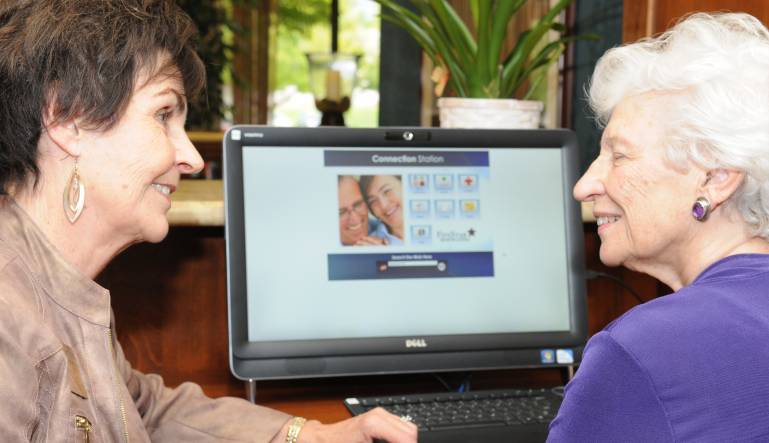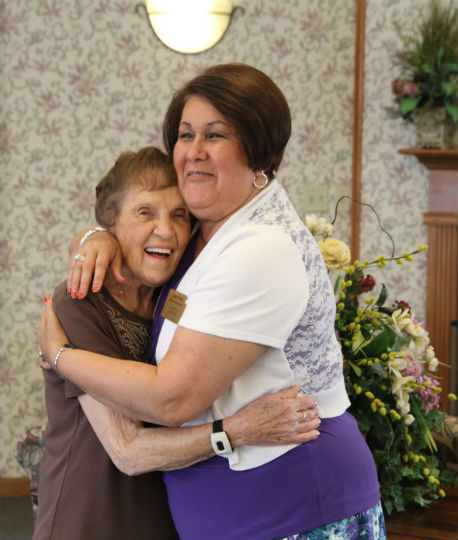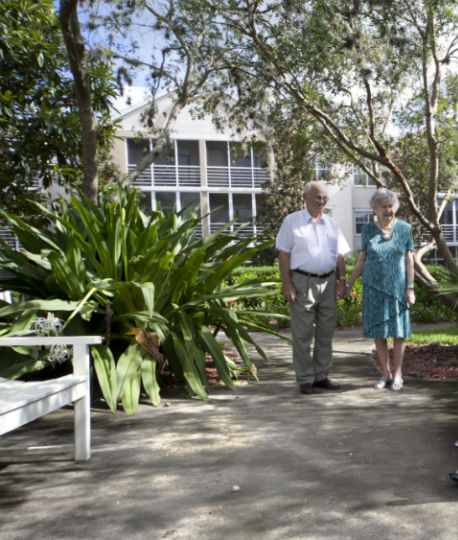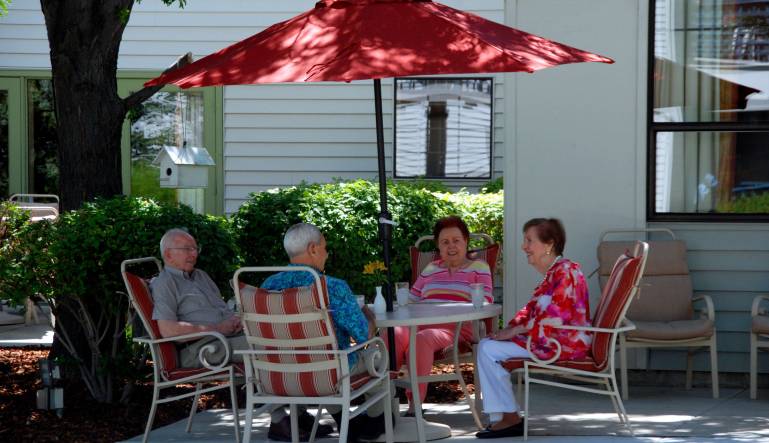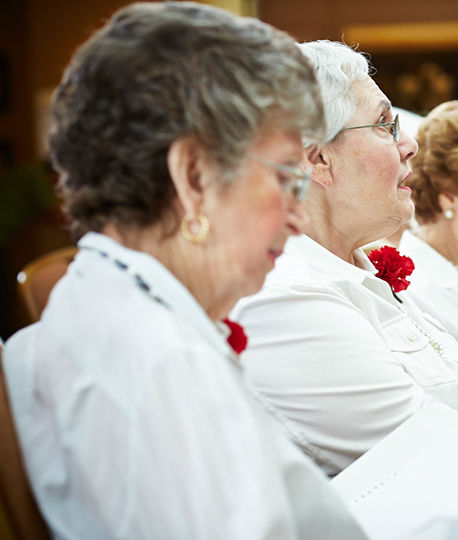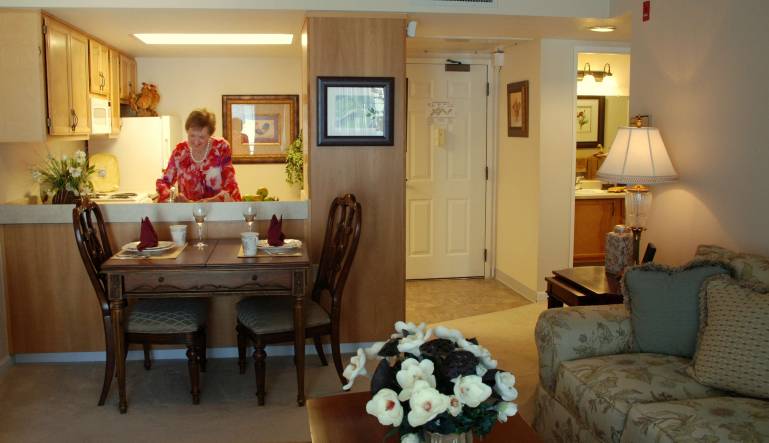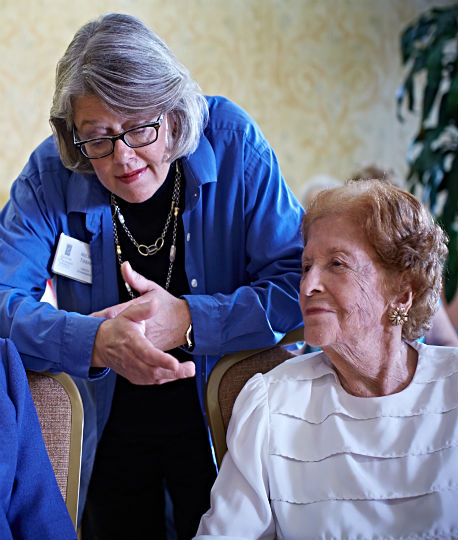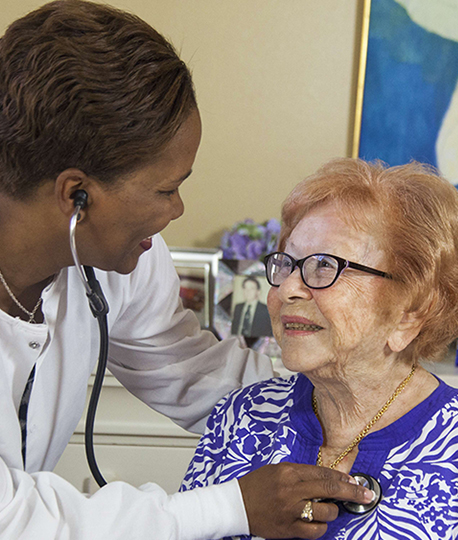In order to give you the option to make changes to your plan, Medicare offers open enrollment from October 15th to December 7th each year.
What You Should Know About Medicare Open Enrollment
Here are some of the most frequently asked questions about Medicare open enrollment:
How do I know if I need to change my plan?
If you or your senior family member is already enrolled in Medicare, you should be receiving materials in the mail with information about health or prescription drug plans. Be sure to carefully review these materials once you’ve received them, as changes are regularly made to plans.
Materials such as your “Evidence of Coverage” (EOC) or “Annual Notice of Change” (ANOC) will typically detail changes being made to your coverage or plan. Based on upcoming changes to your existing plan, you can assess your own health care needs and decide whether or not you need to make a change or help your older family member make one. If there are gaps with your existing plan, it is a good idea to consider other options during open enrollment.
How can I find information about plan options?
Information about the next year’s Medicare plans is released in October, right before the open enrollment period. To find general information about your coverage choices, visit How to Get Medicare Coverage for more information.
If it is challenging for you to navigate the Medicare website, you can also call 1-800-MEDICARE (633-4227) to get general Medicare information, as well as information about health plans.
Can I delay my Medicare Part B enrollment?
In certain situations you can delay your Medicare Part B enrollment without having to pay higher premiums or a late enrollment penalty.
The situations in which you may be able to delay your Medicare Part B enrollment without penalty include:
- You or your spouse did not enroll before the deadline because one of you was still working at the time and had access to group coverage through an employer or union
- You were volunteering overseas or living abroad when you turned 65, making you ineligible to claim Social Security benefits
- You have become eligible for a low-income subsidy due to loss of income
- You were eligible for both Medicare and Medicaid but have recently lost dual eligibility status
- You are moving into certain types of skilled nursing facilities
If you have an extenuating circumstance and are not sure whether or not it will qualify you for a Special Enrollment Period, call Medicare to confirm at 1-800-633-4227.
What happens if I miss open enrollment?
Unfortunately, if you miss open enrollment and do not qualify for a Special Enrollment Period, you will be unable to change your plan until the following year’s open enrollment.
You can, however, disenroll from Medicare Advantage coverage between January 1st and February 14th. Should you decide to disenroll from Medicare Advantage, you will have the option to enroll in a stand-alone prescription drug plan, to ensure that your medications will still be covered by insurance.
Additional Resources for Seniors
Check out our blog for more helpful tips and informational for seniors.


